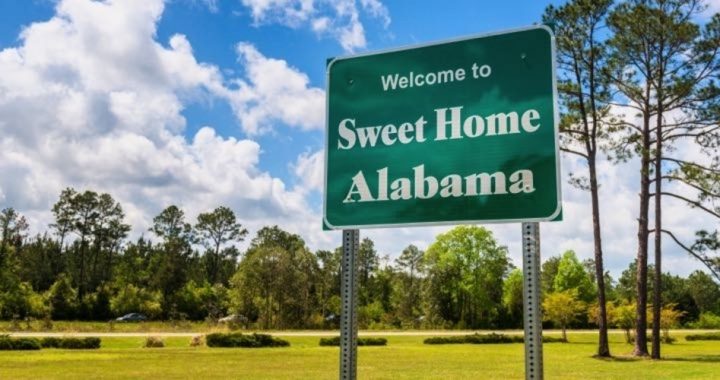
Alabama’s new marriage law, which effectively removes the state from the responsibility of sanctioning marriage, goes into effect today. The new law removes the state as an authority governing marriage and reduces its responsibilities regarding the institution to a mere record-keeping role.
Senate Bill 69 (SB69) passed overwhelmingly in both houses and was signed by Governor Kay Ivey in May. The new law abolishes the requirement in Alabama that a couple must receive a marriage license prior to getting married. Probate judges will now simply record that a marriage exists between any two individuals (straight or gay) based on signed affidavits of the two principles.
According to SB69’s summary, the new law will “eliminate the requirement for solemnization of a marriage for it to be considered valid.” It will also serve to “specify that the judge of probate would have no authority to reject any recording of a marriage, so long as the affidavits, forms, and data are provided.”
So probate judges will no longer have to violate their own religious principles in order to sanction gay “marriage.” Neither do they have any standing to disallow such a “marriage.” They simply record it based on the forms submitted by the couple.
Previously, in Alabama, this had been a problem, with some judges refusing to issue marriage licenses due to religious objections to same-sex marriage, which was made legal in the United States by judicial fiat in the Supreme Court’s Obergefell v. Hodges decision in 2015.
Then state Chief Justice Roy Moore declared in February 2015 that the state was not bound by federal guidelines after a federal judge struck down the state’s ban on homosexual marriage. Many state judges, including Pike County Judge Wes Allen, stopped giving out marriage licenses all together at that point.
“I believe marriage is between a man and a woman and firmly believe that Biblical world view,” Allen said. “And I couldn’t put my signature on a marriage license that I knew not to be a marriage.”
But Representative Neil Rafferty (D-Birmingham) — the only openly gay member of the Alabama legislature — claims that the new law is “born of out of prejudice.”
“It accommodates a handful of judges that couldn’t get their personal feelings, couldn’t check those at the door and do their jobs,” Rafferty said when the bill passed in May.
While the state is getting out of the marriage permission and sanctioning business, it does maintain a few regulations on who can be considered married in the state. Minors between 16 and 18 years of age must still obtain parental permission prior to applying for the state’s new Marriage Certificate. The state will not record a marriage if either party is already shown to be married to another person. The two parties requesting a marriage certificate cannot be related by blood or adoption and the document must be notarized.
While some opponents believe that Alabama is guilty of destroying the traditional idea of marriage, the opposite is actually true. In the early days of the United States, state marriage licenses were predominantly used as a way to prevent polygamy and mixed-race marriages. Alabama’s decision to remove itself from the sanctioning of marriage is a return toward the days of yore when the institution was mainly a religious and societal one — not a governmental one.
Other states, including Oklahoma, Indiana, Kentucky, Missouri, and Montana are considering similar measures.
Ideally, marriage is a contract between a man, a woman, and God. No government entity needs to be involved. Alabama’s new law, in effect, nullifies the edicts of federal judges, the Supreme Court, and any other court or government that seeks to force their definition of what marriage is on its citizens. The remaining 49 states in the union would do well to emulate the Heart of Dixie’s example.
Photo: Allard1 / iStock / Getty Images Plus
James Murphy is a freelance journalist who writes on a variety of subjects with a primary focus on the ongoing anthropogenic climate-change hoax and cultural issues. He can be reached at [email protected].




